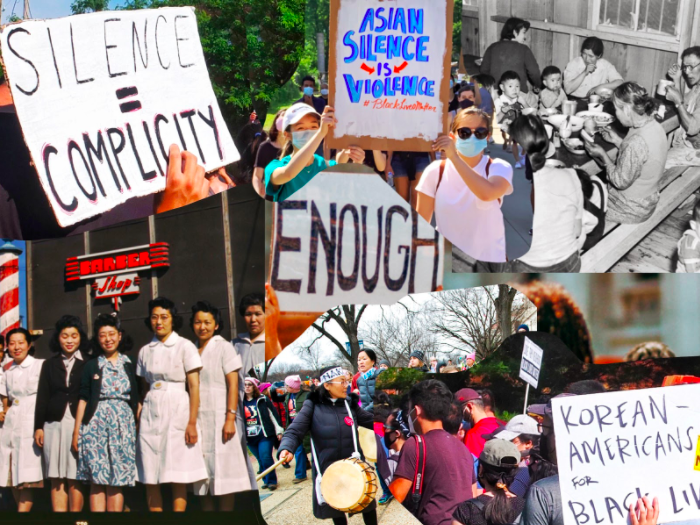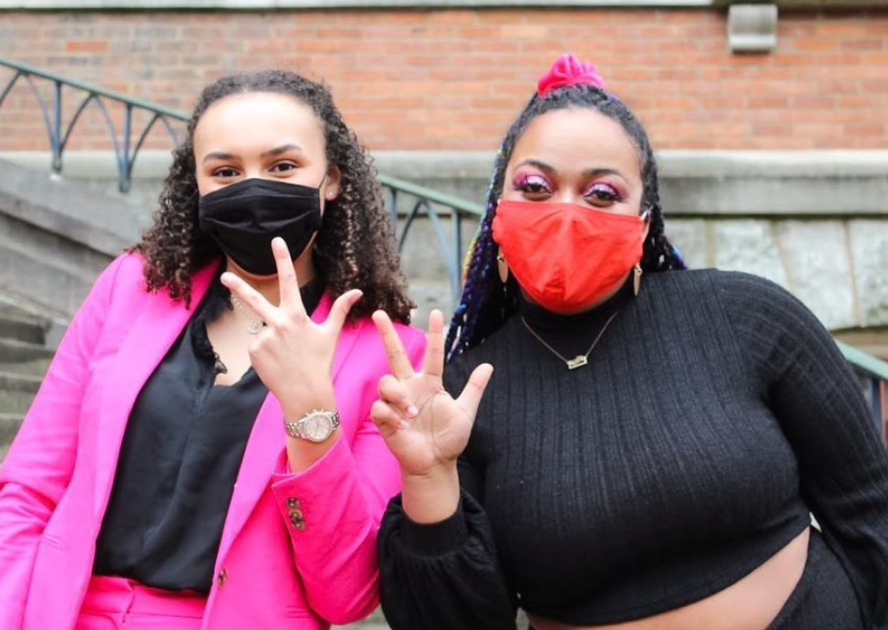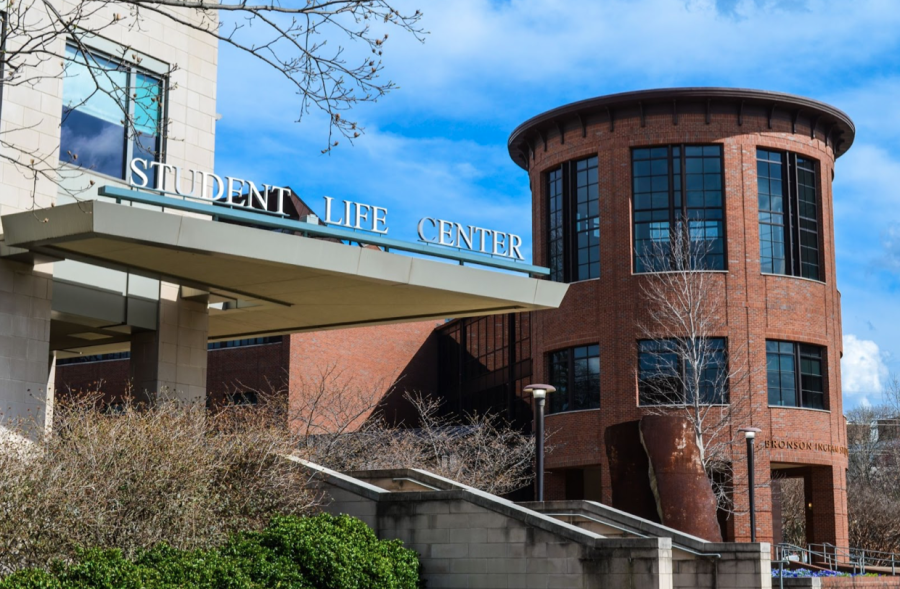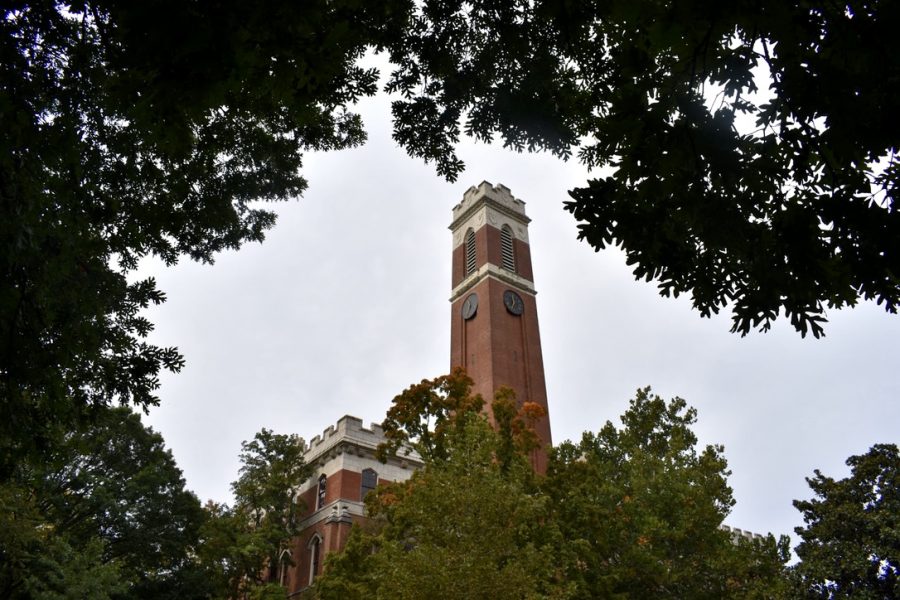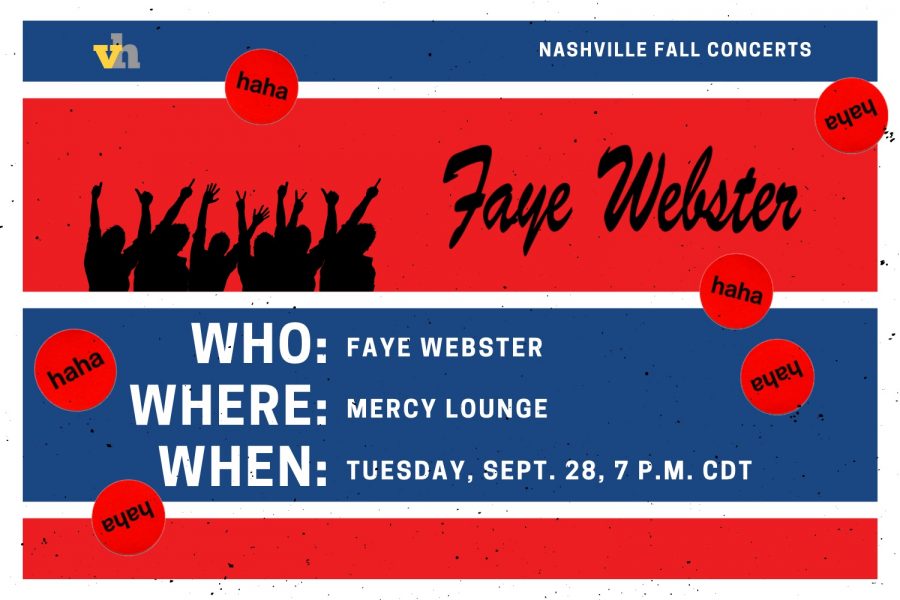Last Thursday, March 11, President Joe Biden denounced the thousands of racist assaults Asian Americans have faced since the start of the pandemic. “They’re forced to live in fear for their lives just walking down streets in America. It’s wrong. It’s un-American, and it must stop,” he declared.
Two days later, my friend texted me: He was walking to Commons along 21st Avenue with his head down and mask on, when a car screeched to a halt next to him, nearly causing the cars behind to crash into him. “Hey, Asian sh**!” the driver screamed, and then zoomed away.
Although often overlooked, anti-Asian racism has been ongoing and particularly harsh since the start of the pandemic. Media outlets have only recently highlighted attacks against Asian American elders after the violent death of 84-year-old Vicha Ratanapaktee, and within the last few days, the news of the shooting that killed eight people in Atlanta, six of whom were Asian women. But these injustices did not appear out of the blue. Because of racist stereotypes of Asians as carriers of the virus, one in four surveyed Asian American children have been bullied by their classmates, and nearly half of all Chinese restaurants in the U.S. closed down due to the dual pressures of consumer prejudice and financial constraints.
In the midst of these attacks against my community, Vanderbilt’s silence is deafening. The statement released yesterday was the first public response since their single-sentence statement one year ago. Chancellor Daniel Diermeier’s lack of response has been particularly harmful; reading his letter on celebrating “a year of unprecedented challenge and resilience” the morning after the shooting was a slap to the face for my grieving friends and family.
His clickbait title reminded me of the naive hope I held when attending the University’s widely-publicized “This Moment in America” panel on Feb. 24. A question regarding the rise in violence against Asian Americans was asked three times during the ninety minutes, but, much to my disappointment, it was largely evaded by panelists and ultimately did not even make it into the panel highlights.
Should I even be surprised, though? After four years at Vanderbilt, I can say that Asian American community has been overlooked by university administration and students alike. There is a lack of awareness surrounding the topic of pandemic racism because there is no public discussion about, or course offerings on how the Asian American figure has been formed by the United States’ history of racialization and empire. Asian American advocacy programming at this school has largely come from a single student-run organization, but we should not be paying $70,000 a year to teach ourselves about our own history.
This deficiency is not because Vanderbilt lacks Asian American students. When I entered Vanderbilt in 2017, Asian Americans represented 14.75 percent of the freshman class, not including Asian international students. This past year, the Class of 2024 was 18.7 percent Asian American. Yet, I have not seen a single “Asian American” titled course offered since my first semester. To me, it seems like this school is merely playing a numbers game of attracting more Asian students without taking responsibility to support this rapidly growing student population.
Watery ramen in our dining halls is not enough. We need tangible resources, education and support that foster true inclusion and belonging.
It is time for Vanderbilt to step up and support its Asian American students, like most top universities and colleges have done for years. Along with a team of undergraduate and graduate students, I am calling upon the Vanderbilt administration to actively support the establishment of an Asian American diaspora studies center and program for all undergraduate and graduate students, provide tenure-track faculty lines for Asian Studies and other departments to hire Asian American and Asian diaspora experts, and develop an Asian American network of undergraduates and graduate students, faculty and alumni.
Vanderbilt AsAm Studies Initiative’s full statement can be found here, and we invite all who stand in solidarity with us to sign your name and share the statement in your own personal and organizational networks.
To my Asian and Asian American friends, family and allies: Now more than ever, we need to learn our own stories. We need to know how the term “Yellow Peril” originated, why Asians were scapegoated as the harbingers of disease and crammed into dark, unsanitary conditions that later became our Chinatowns, how our communities fought alongside Black and Brown activists in the 60s and how we fell into the socially constructed “model minority” myth. It’s only when we recognize our place and ties to Asians in American history that we can be empowered to stand for justice in this current moment—not only for our own communities but for all people of color.
I am only nine weeks away from graduating. Part of me was tempted to stay silent and walk away—to just walk across the stage, elbow-bump Diermeier and forget about these four years I spent feeling like I did not belong. But after witnessing the injustices of the past year and hearing my friends wrestle with the same questions about their identity, I cannot sit back and pretend that time will heal all wounds.
If 2020 has taught me anything, it’s that there is never a convenient time for change. But there is always time to do what is right.

